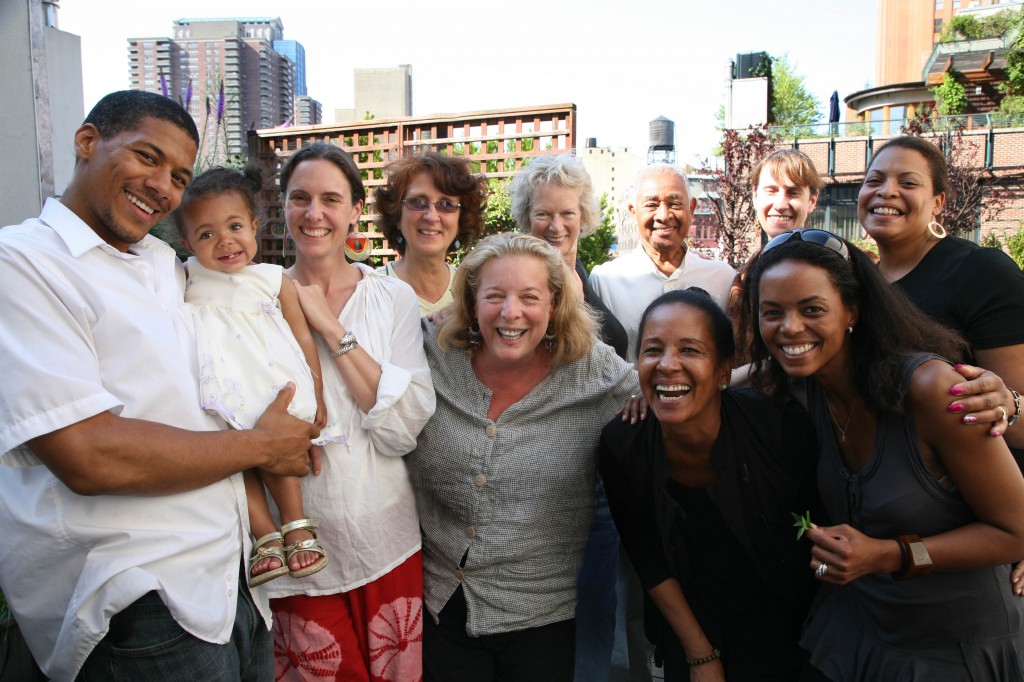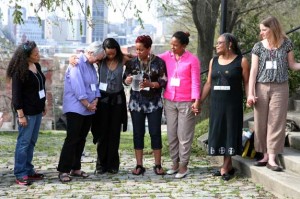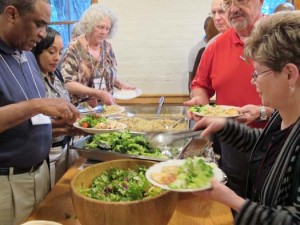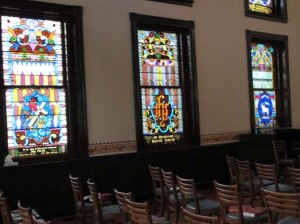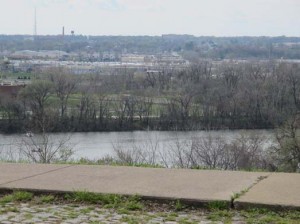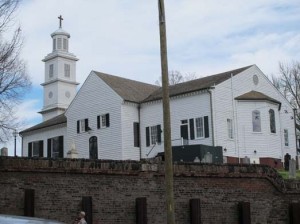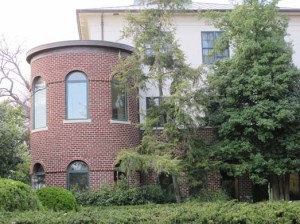Watch the Episode here:
503 Coming to The Table.mpeg-2-Apple TV from Toni Williams on Vimeo.
I was honored to co-produce an edition of the TV show Brooklyn Savvy with Toni Williams, host & executive producer, for a segment called “Coming to the Table.” The title is taken from the name of an organization that I am very passionate about. I serve as one of the coordinators of the group’s local chapter. The program addressed genealogy, race relations, slavery and white privilege with candid conversations. Invited guests included colleagues from Coming to the Table (CTTT) – NYC chapter, Elizabeth Sturgess-Llerena, Julie Finch; Mitchell Woo, Hunter College/CUNY faculty, and specialist on identity, race and Asian American studies; and Denise Arbesu, the show’s regular co-host.
Sturgess-Llerena, a NYC schoolteacher, is a descendant of the DeWolf family, the nation’s largest slave-traders and founders of Brown University. She co-directed her family documentary “Traces of the Trade: A Story From the Deep North,” created and produced by her cousin Katrina Browne. Julie Finch, a Quaker from Maine, recently discovered her family’s Southern roots from old family letters that mentioned the children that they had enslaved. Julie has accused her ancestors of “rape” of the enslaved women that her family owned. She said that she also made the names available to genealogy organizations and is considering how to reach out to her linked African American ancestors.
A racially diverse group, CTTT members are descendants of enslavers and enslaved. As a mixed-heritage person, I identify as a descendant of both groups. Training and deep dialogue in a safe place is a hallmark of the organization’s model for reconciliation and healing. CTTT believes that Americans need to and should be able to talk about race in a safe way without fear, guilt, shame or ridicule.
The white guests on this Brooklyn Savvy TV show talked about discovering enslaved men, women and children in their own families through genealogy research. They shared their shock about their family history. They were also very clear-headed about their “mis-education” by the American public school system and society in general. Do you recall how you were taught about slavery?
The white guests explained what is meant by the term “white privilege,” a major focus of the show. They also listed some basic privileges that white people and light-skinned people of various ethnicity can enjoy simply based on the color of their skin. Woo reflected about a historic “divide and conquer” mentality that created “disconnects” between various racial groups and opportunities. This show is definitely a must see!
Coming to the Table (CTTT) is a national organization with chapters across the nation that believes that America needs to heal from racism caused as a result of centuries of enslavement of Africans and genocide of Native Americans.
Brooklyn Savvy airs at 8 am on Sundays on Channel 25 and Cablevision (Ch 22). You can also tune into Brooklyn Savvy on NYC.gov for additional provocative conversations.
Please feel free to comment.





